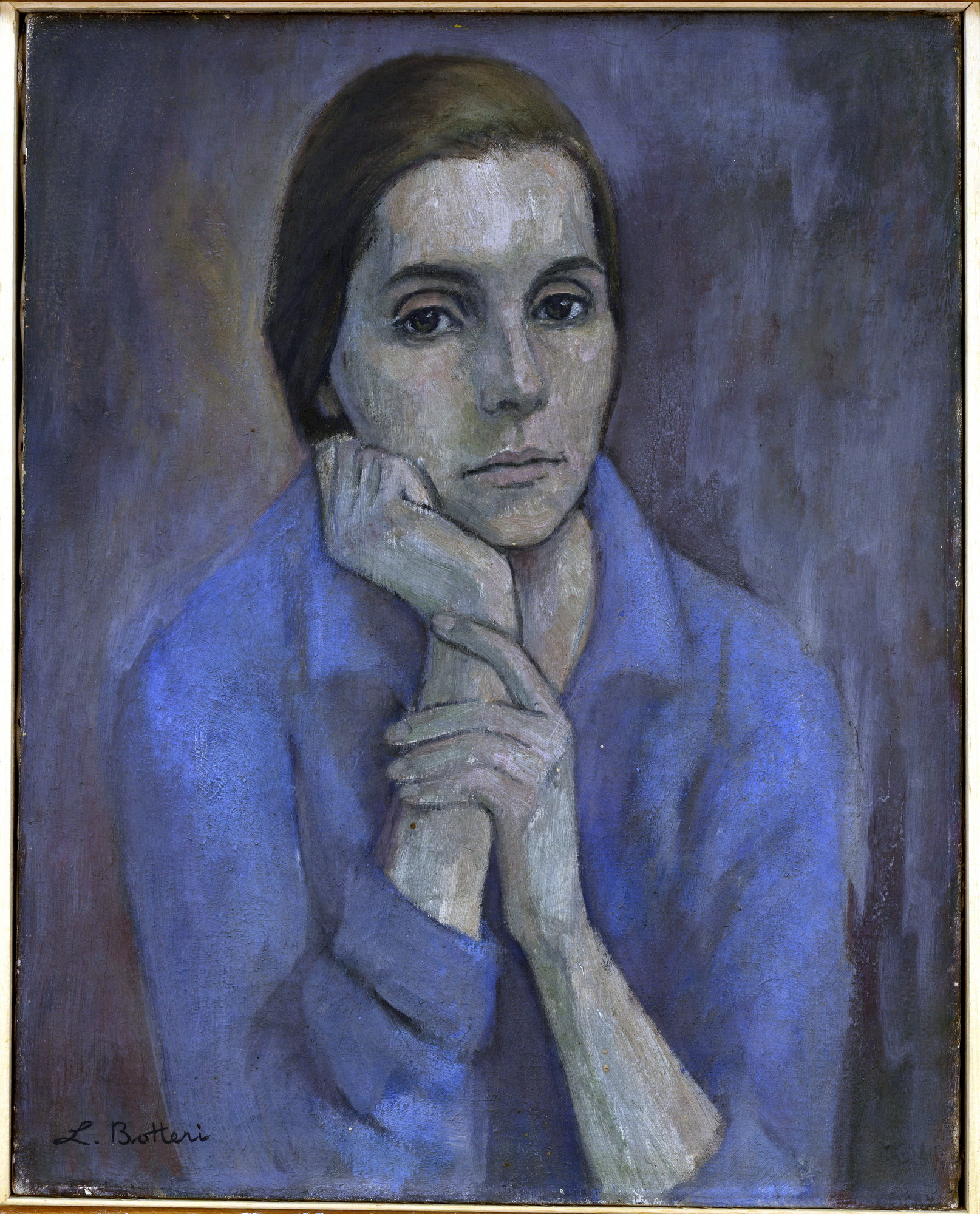os dezenove milhões de nomes de maria camaleão : pedro lemebel no brasil colonial-técno-digital-ficcional do século vintchy-um
DOI:
https://doi.org/10.33871/sensorium.2024.11.9871Keywords:
Performatividade, Linguagem, Nomeação, Apelido, CuirAbstract
this work proposes a ‘transvested’ reading of the pedro lemebel’s text "the million names of maria chameleon", in articulation with other artistic-theoretical references. two texts are developed in parallel – one by nestor in the main body of the text and another by debora in the footnotes – to dialogue about queer/cuir bodies and their performative naming processes as a political strategy for existence and survival. queer/cuir aesthetics and politics are activated as an operation to appropriate violent discourses addressed to dissident bodies, in an effort to destabilize the norms. the text ends with a baptismal art exercise: a new section for the list of nicknames presented by lemebel in his original text, with an autofictional update of names, adjectives and references that stand out in the experience of dissident cuir bodies in a southern interior in colonized brazil inserted in the techno-digital-fiction of the twentch-one century.
Downloads
References
anzaldúa, gloria. a vulva é uma ferida aberta & outros ensaios. rio de janeiro: a bolha editora, 2021.
ciber_org. bofe. palestra-performance apresentada no seminário estéticas e artes contra-coloniais: confluindo práticas e saberes, 2024.
da quebrada, linn. mulher. são paulo: estúdio yb music, 2017. disponível em: <https://youtu.be/-50huug1ppo>. acesso em 10 out. 2024.
de perra, hija. “interpretações imundas de como a teoria queer coloniza nosso contexto sudaca, pobre de aspirações e terceiro-mundista, perturbando com novas construções de gênero aos humanos encantados com a heteronorma”. revista periódicus, 1(2), 291–298.
grunvald, vi. algumas reflexões pessoais sobre a descolonização da queer. in ayerbe, júlia (org). cidade queer: uma leitora. são paulo: edições aurora, 2017. p. 22-33.
lemebel, pedro. poco hombre: escritos de uma bicha terceiro-mundista. rio de janeiro: zahar, 2023. moira, amara. história do bajubá, a língua criada pelas travestis. palestra apresentada no seminário estéticas e artes contra-coloniais: confluindo práticas e saberes, 2024. disponível em: <https://www.youtube.com/watch?app=desktop&v=b_6p0lcwgig> acesso em 24 out. 2024.
mombaça, jota. não se nasce monstra, tampouco se torna. in: ayerbe, júlia (org). cidade queer: uma leitora. são paulo: edições aurora, 2017. p. 16-21.
Downloads
Published
Versions
- 2025-05-28 (2)
- 2024-11-07 (1)
Issue
Section
License
Copyright (c) 2024 International Interdisciplinary Journal of Visual Arts - Art&Sensorium

This work is licensed under a Creative Commons Attribution 3.0 Unported License.
Authors who publish with this journal agree to the following terms:- Authors retain copyright and grant the journal right of first publication with the work simultaneously licensed under a Creative Commons Attribution License that allows others to share the work with an acknowledgement of the work's authorship and initial publication in this journal.
- Authors are able to enter into separate, additional contractual arrangements for the non-exclusive distribution of the journal's published version of the work (e.g., post it to an institutional repository or publish it in a book), with an acknowledgement of its initial publication in this journal.
- Authors are permitted and encouraged to post their work online (e.g., in institutional repositories or on their website) prior to and during the submission process, as it can lead to productive exchanges, as well as earlier and greater citation of published work (See The Effect of Open Access).





